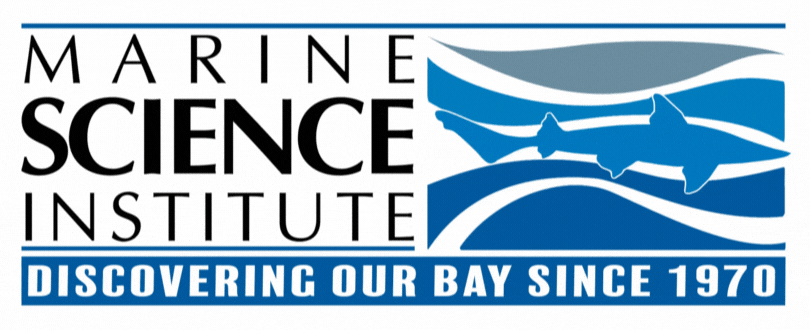Marine Science in the News: "Lawn mowing" fish
- Dec 12, 2016
- 1 min read
A recent research publication out of the Scripps Institution of Oceanography examined the role of reef fishes in keeping corals healthy by ridding them of algae.

It is widely known within the marine science community that certain species of herbivorous reef fish eat macroalgae, or seaweed, covering corals. This helps coral survival, as corals and seaweeds compete for space and sunlight on the reef. Without seaweed-eating fish, the reefs decline as corals are replaced by seaweeds.
The study from the team at Scripps aimed to record feeding behaviors and the unique grazing roles of different reef-dwelling macroalgae eaters. The team examined feeding behaviors of 15 common species of algae-eating reef fish on a coral reef in Hawaii. At the end of the four-year study period, it was concluded that individual species selectively graze on different types of algae. These selective eaters also eat the preferred algae species in different ways, which lead the team to the conclusion that each fish species has a different function in grazing.
A diverse herbivorous community is beneficial for maintaining the health and composition of a reef. Read more about the "lawnmowers of the sea" and what these results mean for understanding feeding behavior and coral reef health.


Journal reference:
Kelly, E.L.A., Y. Eynaud, S.M. Clements, M. Gleason, R.T. Sparks, I.D. Williams, J.E. Smith. 2016. Investigating functional redundancy versus complementarity in Hawaiian herbivorous coral reef fishes. Oecologia, 182:4(1151-1163). DOI: 10.1007/s00442-016-3724-0.







I genuinely enjoyed the tone and structure of this article. The explanations were clear, concise, and impactful. It didn’t feel generic or repetitive at all. I appreciate the thoughtful approach you took in presenting the topic. Excellent writing.
I really admire the effort behind this article. Each paragraph added something meaningful to the discussion. It didn’t feel rushed or repetitive at all. I’m looking forward to your next post.
I truly enjoyed spending time on this blog post. The clarity in your explanations made even the complex parts feel simple and approachable. It’s rare to find content that is both detailed and easy to read. Wonderful work.
I just have to say, your writing style makes complex topics so approachable. I enjoyed reading this from start to finish and learned a lot that I can actually use.
What stood out to me most was the clarity in your explanations. You managed to simplify complex ideas without losing their importance. The examples you shared made everything more relatable and practical. It felt like advice from someone who truly understands the subject. Excellent job on delivering such meaningful content.